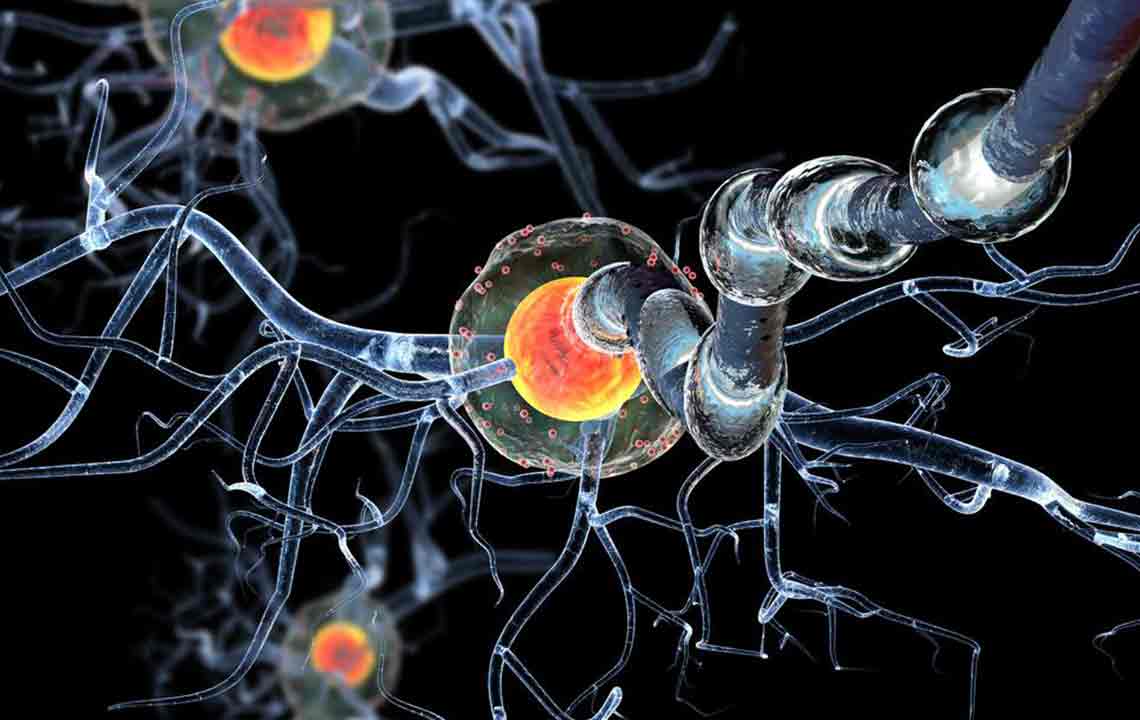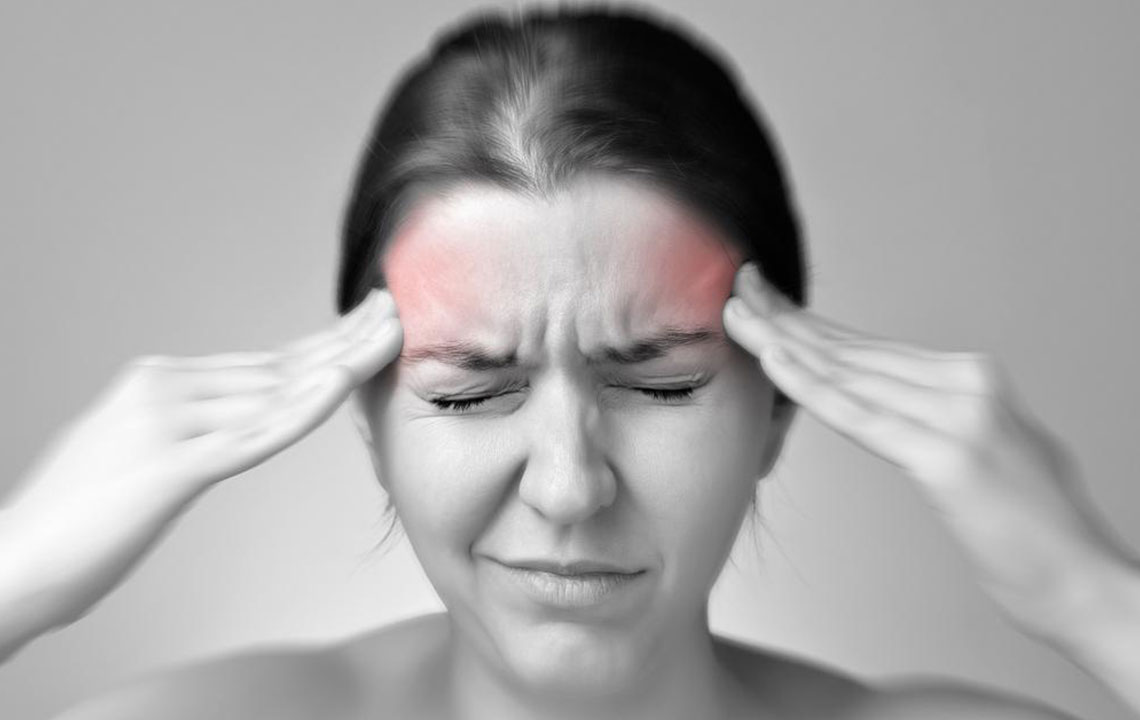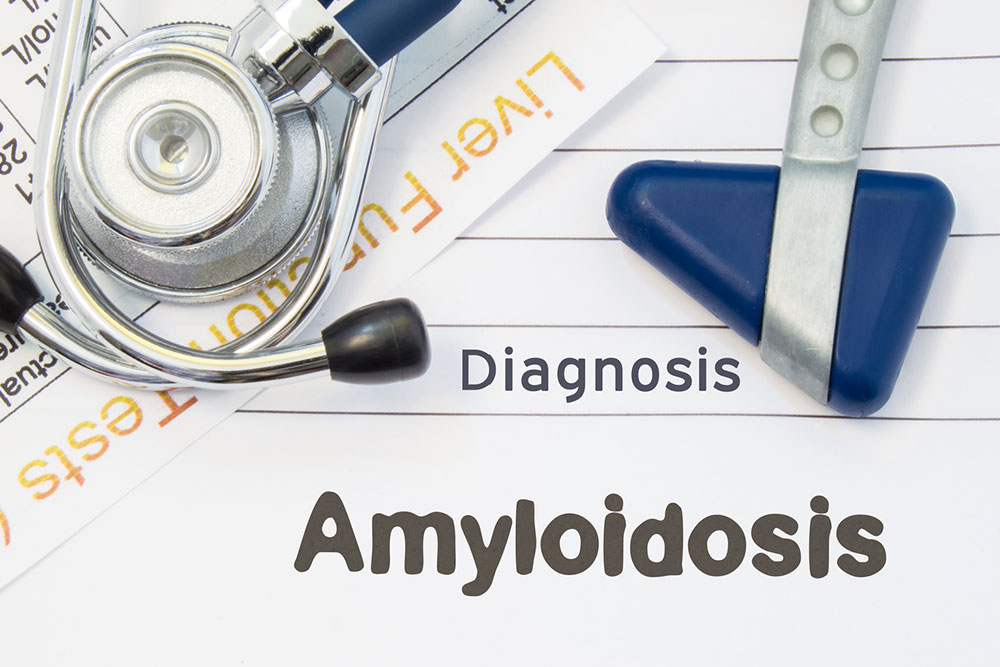Understanding Huntington's Disease: Symptoms, Causes, and Risks
Huntington's disease is a hereditary neurodegenerative disorder impacting movement, cognition, and mental health. Typical onset occurs in middle age, with symptoms including involuntary movements, cognitive decline, and psychiatric issues. Causes are genetic, inherited in a dominant pattern, with significant health complications and a progressive course. Awareness of symptoms, causes, and risks can aid early diagnosis and management. This article provides a comprehensive overview of the disease's symptoms, genetic causes, and potential complications, emphasizing the importance of medical consultation for affected individuals.

Understanding Huntington's Disease: Symptoms, Causes, and Risks
Huntington's disease is a hereditary neurodegenerative disorder characterized by progressive deterioration of nerve cells in the brain. It impacts physical abilities, mental functions, and behavior. Typically emerging in individuals in their 30s or 40s, early-onset cases in those under 20 are classified as juvenile Huntington's disease, which often progresses faster and presents different symptoms.
Key Symptoms
Symptoms vary based on individual circumstances, and as the disease advances, certain issues become dominant, affecting daily life significantly.
Motor Dysfunction
This includes problems with voluntary movements like muscle rigidity, dystonia, unintentional movements such as chorea, abnormal eye movements, balance issues, speech and swallowing difficulties, and impaired gait. These issues hinder daily activities and communication.
Cognitive Challenges
Common cognitive issues involve trouble focusing, organizing, and prioritizing tasks. Patients may also struggle with impulse control, leading to outbursts and inappropriate behaviors. Processing thoughts slowly and difficulty learning new information are also typical.
Psychiatric Symptoms
Depression is prevalent and often linked to brain changes caused by the disease. Other psychiatric issues include anxiety, irritability, bipolar disorder, social withdrawal, and suicidal thoughts. Some patients experience weight loss and obsessive-compulsive behaviors, often with inflated self-esteem.
Juvenile Huntington's Disease
In younger individuals, signs include muscle rigidity, seizures, behavioral problems, decline in school performance, loss of motor skills, tremors, and rapid disease progression.
Main Causes
The root cause is a genetic mutation in a specific gene, inherited in an autosomal dominant pattern. Each child of an affected parent has a 50% chance of inheriting the disease, as only one defective gene copy is necessary for the condition to develop.
Common Complications
The disease leads to gradual loss of function, with progression rates varying among individuals. Life expectancy after diagnosis ranges from 10 to 30 years. In juvenile cases, death often occurs within ten years of symptom onset.
Risk of Suicide
Depression associated with Huntington's increases suicide risk, especially before diagnosis. As the disease advances, individuals lose independence, often requiring full assistance. Later stages can result in immobility, loss of speech, yet preserved understanding of language and recognition of loved ones. Death typically results from complications such as swallowing difficulties, pneumonia, or injuries from falls.










